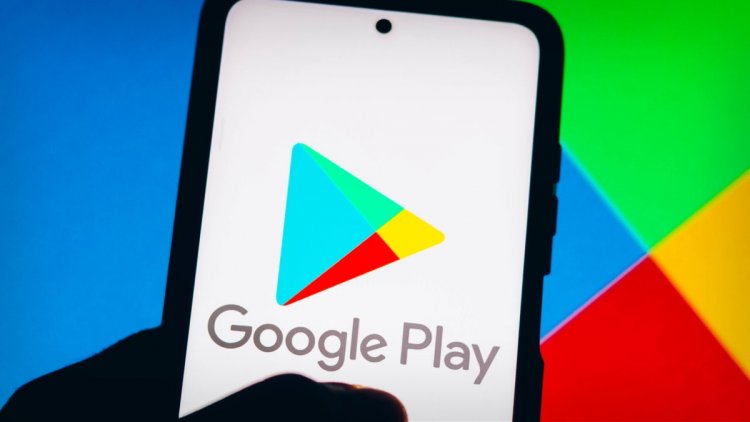Google Paid 24 Companies to Not Open App Stores
Activision, Tencent, and several other key players in the gaming industry are involved.

Activision, Tencent, and several other key players in the gaming industry are involved.
Since its launch in 2012, the Google (GOOG) - Get Free Report Play app store has grown into a behemoth that's very much capable of matching strides with Apple's (AAPL) - Get Free Report app store.
There are 3.55 million apps on the Google Play store as of the third quarter of 2022, and that number continues to grow by the day.
The global app economy is robust, worth $6.3 trillion as of 2021 -- and that number is sure to keep growing.
Since Google and Apple collectively dominate 95% of the market share, you'd think there'd be little concern about competition outside of one another.
But thanks to a newly unredacted lawsuit that was originally filed in 2020, it looks like Google has been concerned enough about app store competition from other companies that it allegedly has made some major moves to stop them from selling their games and apps elsewhere.
Google's Efforts to Eliminate the Competition
The lawsuit reveals that Google struck deals with 24 app developers to keep their games on Google Play rather than selling via other platforms, Reuters reports.
The lawsuit mentions an agreement between Google and "Call of Duty" publisher Activision Blizzard (ATVI) - Get Free Report in which Google would pay the company $360 million over a three-year period.
Tencent (TCTZF) , the biggest video game company in the world by revenue, also made a deal with Google in 2020 pertaining to its Riot Games division, creator of the highly successful esports game "League of Legends." Google paid Tencent $30 million to keep Riot Games from opening its own app store.
Internally, Google called this initiative "Project Hug," a rather cozy name for a course of action that was anything but.
The lawsuit that reveals all this information was filed by video game publisher Epic Games, the studio behind "Fortnite", and alleged that Google participated in anti-competitive practices.
Google says that the lawsuit is "baseless and mischaracterizes business conversations."
Epic also filed an antitrust lawsuit against Apple the same day it filed the one against Google, an action in retaliation to Apple banning "Fortnite" from its app store because of a payment mechanism Epic implemented that bypassed Apple's in-app purchase system.
In 2021, a U.S. federal judge ruled that Apple could not prohibit developers from using alternative payment systems.
Epic drew attention in 2018 when it chose to launch "Fortnite" outside of Google Play, making it available for download via its own website instead. The popular game generated $5.8 billion in revenue for Epic in 2021 alone.
App Store Monopolies
As the Google Play store charges developers fees up to 30% to sell its apps there, many bigger-name developers have chosen to turn elsewhere to avoid losing that money -- which Google clearly doesn't like. In the unredacted lawsuit, the company estimated up to $6 billion in Play revenue and $1.1 billion in profit would be at risk in 2022 if Epic's alternative way of selling its games was successful.
Regardless of what Google says, the questions raised by Epic's lawsuits are pertinent ones well worth examining within the frame of the judicial system. While a trial has not yet been scheduled, the company will eventually have to face the music regarding what many consider an unfair monopoly in the app market.
What's Your Reaction?


























































